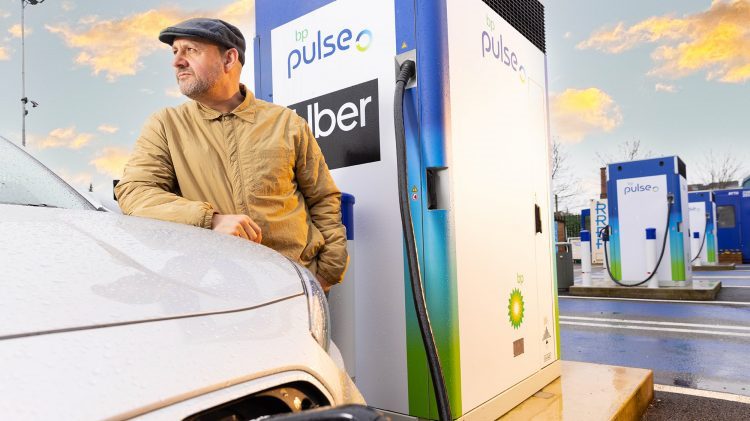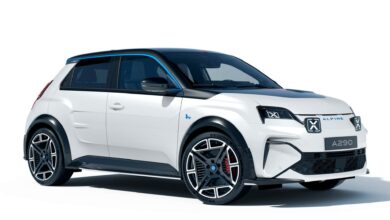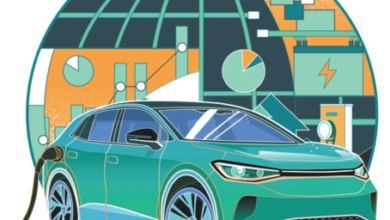Petrol giant pairs with Uber to fuel electric car move

Tech giant Uber is partnering with a company best known for its petrol stations to encourage more of its drivers to adopt electric vehicles.
The US firm announced the partnership on Wednesday, revealing it had done a deal with BP to offer drivers discounts of up to 14.5 per cent on the cost of charging Uber drivers’ electric cars.
The full discount would save the average driver about $4.80 on a full recharge.
The announcement comes after BP revealed it had installed more than 100 fast-charging stations at its sites across NSW, Victoria and Queensland, and after a study called for companies and governments to focus on electrifying shared vehicles to cut transport pollution.
Uber Australia and New Zealand managing director Emma Foley said the company’s deal was designed to lower the cost of offering electric vehicle rides.
“We know the total cost of EV ownership is one of the biggest hurdles when it comes to making the switch for Uber drivers and delivery people,” she said.
“We’re tackling that challenge head-on.”
The partnership will see Uber drivers offered recharging discounts of up to eight cents per kilowatt hour at BP Pulse charging stations, depending on their Uber “tier”.
Based on an electric car with a 60 kilowatt hour battery, the discount could bring down the cost of fully recharging a vehicle to $28.20.
BP Australia president Frederic Baudry said he hoped the partnership, along with more charging stations, would give more professional drivers confidence to swap petrol and diesel vehicles for electric models.
“Through this offer, we hope to support those who have already made the switch and encourage drivers who may be considering changing to an EV,” Mr Baudry said.
The announcement comes four months after Uber launched a dedicated electric vehicle service in Australia, and after the company revealed plans to become a zero-emissions platform in the country by 2040.
Uber has also partnered with Splend to offer finance options for drivers buying electric cars, and offered lower fees for EV drivers until June 2025.
Research released last month by the Climate Council also called for more action to electrify all shared-vehicle fleets, including ride-share cars, taxis, and corporate and government vehicles that spend more time on roads than private cars.
The study, called Seize the Decade, found upgrading shared-vehicle fleets would be vital to ensuring electric cars made up one third of all kilometres travelled by 2030.
AAP



